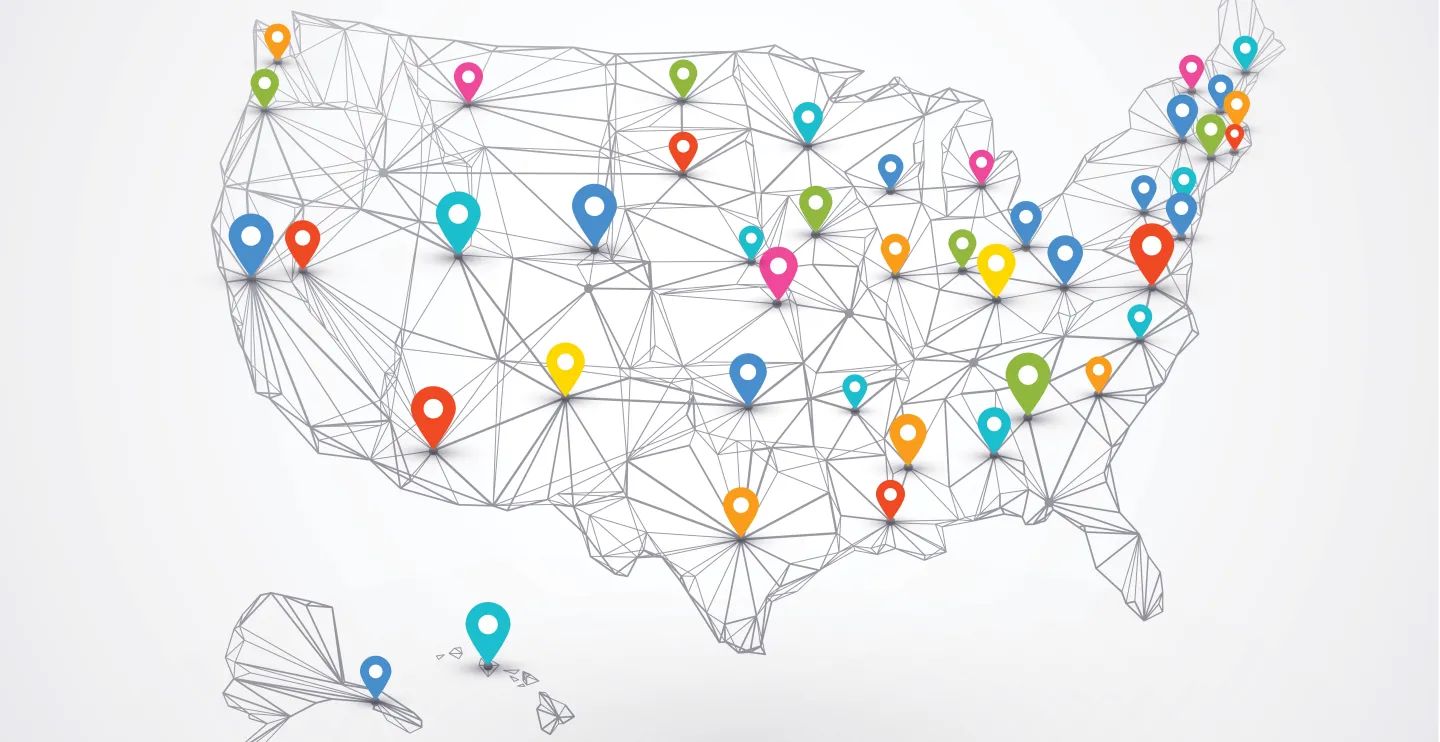New UCLA Data Equity Center aims to ensure data expertise is available to those who need it
The UCLA Center for Health Policy Research and its network of partners will provide free assistance across the country
Media Contact:
Mike Fricano
310-794-5553
The UCLA Center for Health Policy Research has launched the Data Equity Center to help ensure that historically marginalized populations and their needs are more accurately represented in the vast pools of information government, business and philanthropy are using to make crucial decisions.
The Data Equity Center will provide no-cost assistance to organizations and agencies across the United States by leveraging the experience, skills, and knowledge of the UCLA Center for Health Policy Research along with dozens of additional experts in survey and data science.
“We’re going to provide consulting services to promote data equity that will inform, support, and promote systems becoming more representative, inclusive and collaborative with the communities they serve,” said AJ Scheitler, director of the Data Equity Center, who is also director of development, engagement, and strategic planning at the UCLA Center for Health Policy Research.
Scheitler will lead the center along with Ninez Ponce, director of the UCLA Center for Health Policy Research, and additional researchers at the center. The team recently introduced more than 200 people to the Data Equity Center and its goals and its processes, during a 50-minute webinar. Attendees joined from throughout California and more than a dozen other states, including Florida, Georgia, Iowa, Massachusetts, Hawaii, and Ohio, as well as Mexico City and the Dominican Republic.
“Having more precise data about smaller demographic groups — such as people who identify as LGBTQ-plus, disabled or Indigenous — makes it easier for government agencies, advocates, and philanthropic funders to respond to groups’ needs,” said Scheitler, who is also coordinator of the National Network of Health Surveys at the UCLA Center for Health Policy Research. “Without knowing who needs what, how can agencies be expected to deliver the best type of help?”
One of the challenges of disaggregating data on smaller population groups is maintaining individuals’ privacy. That’s among the types of assistance the Data Equity Center experts will be able to provide, Scheitler said.
During the webinar, Scheitler outlined the broad range of services and guidance the Data Equity Center, which is supported by a $1.25 million grant from the Robert Wood Johnson Foundation, and its network of experts could offer. These include:
- A curated library of existing resources, which will be added to as new tools are developed.
- Virtual workshops that will be archived and made available to the public. This will help the center scale its efforts and share what people learn.
- Assistance designing surveys and questionnaires
- How to present data in a way that’s most useful for the goal.
- Designing ways to widely share the data in ways that minimize privacy risk and align with best ethical practices.
“The assistance will be practical, technical, or methodological, whatever is most helpful. We want to meet organizations where they are,” Scheitler said. One example, she shared, was that the Data Equity Center would provide a two-page resource on how to work with state legislatures across the country on data disaggregation.
Among the more difficult challenges is gathering data about people who are undocumented. The experiences working on the UCLA Center for Health Policy Research’s California Health Interview Survey provide a framework for how to gather these data in ways that encourage participation and provide insights while protecting anonymity.
For three decades, the UCLA Center for Health Policy Research has pioneered best-practice approaches and techniques that advance representative and equitable data collection, reporting and analysis.
“Through our work on the California Health Interview Survey, the National Network of Health Surveys and the Native Hawaiian and Pacific Islander Data Policy Lab, we’re working to make sure that ‘hidden’ populations are overlooked no longer,” said Ponce, who is principal investigator of the California Health Interview Survey and professor and Fred W. & Pamela K. Wasserman Endowed Chair of the Department of Health Policy and Management at the UCLA Fielding School of Public Health.
“With the creation of the Data Equity Center,” Ponce said, “we have an opportunity to share what we’ve learned, scale it much more widely and work with different organizations and agencies to customize survey and data science tools that meet organizations’ geographically and demographically unique needs.”
The Robert Wood Johnson Foundation provided the funding to the UCLA CHPR to launch the Data Equity Center.
“Dr. Ponce and her team have tapped their expansive networks to expand training, curate, and develop valuable resources, and lead a team of experts to offer technical assistance on methodological and statistical issues that will advance data equity for populations that are often invisible in policy decisions,” said Tina Kauh, senior program officer at the Robert Wood Johnson Foundation. “This work is critical to achieving health equity.”
Organizations interested in receiving assistance are encouraged to contact the Data Equity Center.
#
About the UCLA Center for Health Policy Research
The UCLA Center for Health Policy Research (CHPR) is one of the nation’s leading health policy research centers and the premier source of health policy information for California. UCLA CHPR improves the public’s health through high quality, objective, and evidence-based research and data that informs effective policymaking. UCLA CHPR is the home of the California Health Interview Survey (CHIS) and is part of the UCLA Fielding School of Public Health.














